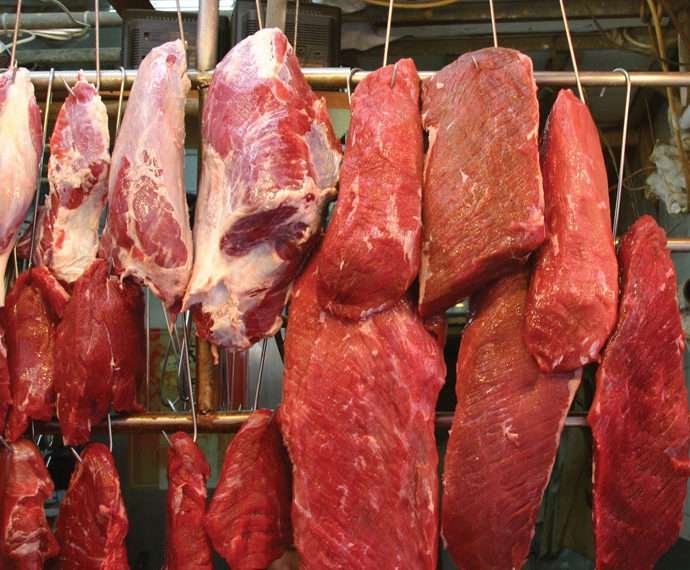A new study conducted in six African countries reveals that Kenya could be staring at a silent pandemic after a significant proportion of chicken, pork and other meat products stocked in outlets across the country are contaminated with a dangerous virus called the superbug virus.
The study by the United Kingdom-based World Animal Protection sampled a total of 187 pork samples and 206 chicken samples collected from six supermarkets in the country, both local, regional and international brands.
According to experts, the situation is a dreadful one because the virus is harmful to humans, given that the superbugs found in the food could have both immediate and future effects on consumers.
Meanwhile, the report noted that the superbug virus is as a result of livestock suppliers using too many antibiotics to promote growth and prevent disease among animals and, ultimately presenting a public health threat to consumers.
The bacteria, usually transmitted through contaminated food, causes severe diarrhoea and a broad spectrum of abdominal complications that health experts warn are becoming difficult to treat due to increasing resistance to antibiotics.
The report pointed out that, of the pork samples, 184 (98.4 per cent) showed bacteria growth, while 199 (96.6 per cent) samples of the poultry samples also showed bacteria growth. A total of 611 bacterial contaminants were isolated from the 383 samples obtained.
The samples were then analysed for bacterial growth and sensitivity at World Health Organization (WHO) recognised antibiotics Center for Microbiology Research.
Positive isolates were screened for antibiotic susceptibility to the clinically relevant antibiotics according to the WHO guidance. Antimicrobial resistance prevalence was determined.
Meanwhile, the report stated that Escherichia coli (E. coli) was the most isolated negative bacteria from pork and poultry samples in 296 samples, with a prevalence of 48 per cent and 49 per cent, respectively. It was followed by klebsiella in 117 samples, salmonella in 109 samples, shigella in 46 samples and Staphylococcus spp in 41 samples.
E. coli is a type of bacteria that usually lives in the intestines. It is also found in the gut of some animals. Some strains of the bacteria can cause diarrhoea if you eat contaminated food or drink dirty water.
While many associate E. coli with food poisoning, you can also get pneumonia and urinary tract infections from different types of the bacteria. In fact, according to a the study, 95 per cent of urinary tract infections are caused by the bacteria.
The World Health Organization stated that the E. coli “Can make you sick by making a toxin called shiga. This toxin damages the lining of your intestine.”
Salmonella, on the other hand, is the bacteria that is most frequently reported as the cause of food-related illnesses. It causes an upset stomach, diarrhoea, fever, and pain and cramping in the stomach.
However, Dr Victor Yamo, the World Animal Protection Farming Campaigns Manager and lead researcher in the study said the presence of salmonella, shigella bacteria and E coli, is worrying and he suggested that measures have to be put in place quickly to stop its spread.
“Globally, there is an increasing emergence of resistant bacteria (superbugs) which is jeopardising the efficacy of antibiotics, drugs that have played a vital role in reducing mortality and morbidity in both animals and humans”.
Dr Victor Yamo
Sometimes, the bacteria multiply so rapidly they crowd out host tissues and disrupt normal function, killing cells and tissues.
Sadly, superbugs has killed over 700,000 people annually in the world and they are projected to cause 10 million deaths per annum by 2050, with a cumulative economic impact of $100 trillion.
Therefore, the revelation that the virus is found in an African country is indeed heart wrenching. It is particularly scarier, given that most African countries with their frail health care system are already overwhelmed with the deadly coronavirus pandemic.
READ ALSO: UN Condemns Zimbabwe Child Marriages as 14 year Girl Dies during Child Birth























